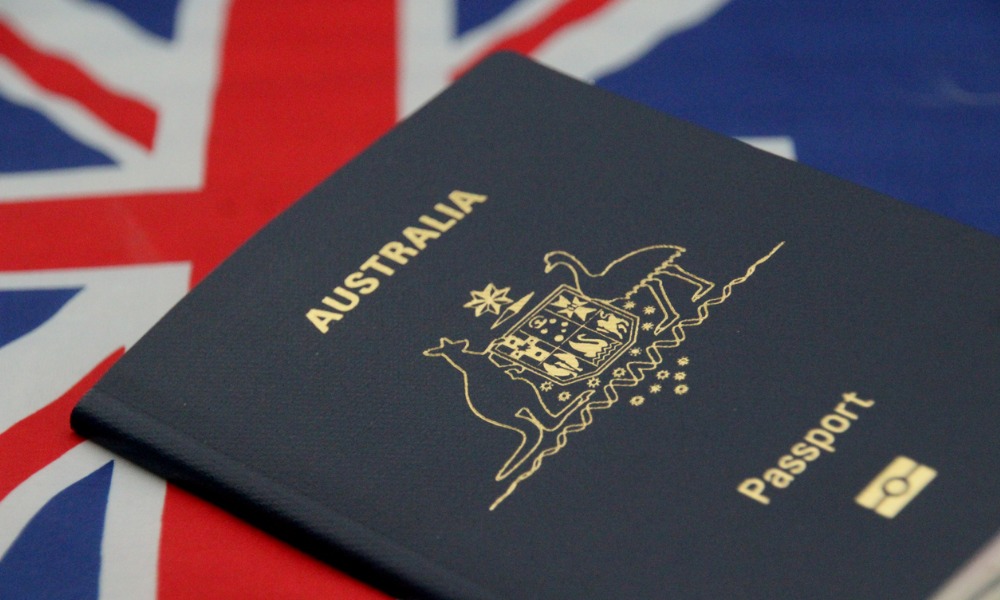
In the special case, the cessation of citizenship was attributed to alleged terrorist activities

A legal case that raises constitutional issues regarding the Commonwealth’s legislative power in the area of citizenship cessation has been referred to the High Court.
The matter, which involves the citizenship of dual Australian-Turkish citizen Delil Alexander, raised the question of whether the implied constitutional limitation on legislative power prevents the “people of [the] Commonwealth” from being deprived of their status as citizens. It also looked into “whether the constitutionally prescribed system of representative government” is incompatible with section 36B of the Australian Citizenship Act 2007 (Cth), which operates to “disenfranchise Australian citizens” permanently.
The case also questioned whether this section of the Act is a “punitive and unlawful exercise of judicial power” by the Commonwealth parliament.
Alexander came by the Australian side of his citizenship by birth. In 2013, he entered the Syrian province Al Raqqa, which is a “declared area for purposes of terrorism offences.”
He was arrested and incarcerated by the Syrian government in 2018, and was found guilty of terrorism offences against the Syrian Penal Code “based on evidence allegedly procured by torture.” The Australian Security and Intelligence Organisation advised the minister for home affairs that Alexander “likely engaged in foreign incursions and recruitment by remaining in [the] declared area.”
In July, the Minister determined that Alexander ceased to be an Australian citizen under section 36B of the Australian Citizenship Act 2007.
While Alexander was pardoned under Syrian law, he remains in indefinite detention because he has no lawful right to be in Syria. According to court records, he could not be “removed to Turkey” because his citizenship is under a different name; however, he also cannot be “removed to Australia” due to the cessation of his citizenship.
Alexander’s special case was referred to the Full Court of the High Court on 26 October.